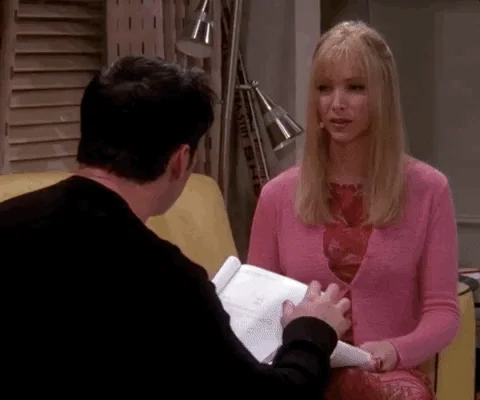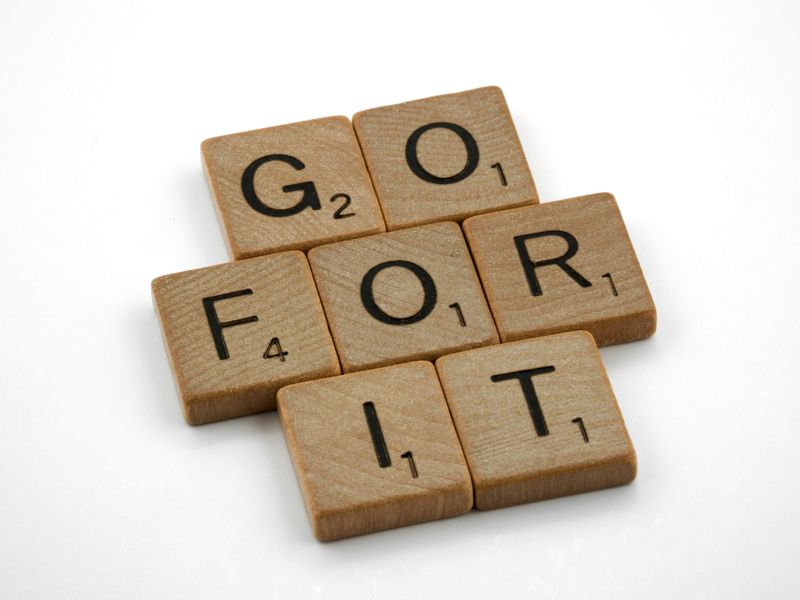You're sitting in an interview for your dream job. The interviewer smiles and says, “Describe a time when you had to manage a difficult client.”

Your mind goes blank. Maybe you’ve never worked in customer service, or if you have, you have no idea what to say.
But do you know this question isn’t as intimidating as it sounds?
Know the Why
When interviewers ask this question, they’re trying to learn about:
Your interpersonal and problem-solving skills
Your ability to work collaboratively and find win-win solutions
How you respond under pressure
How flexible and adaptable you are
Your experience in conflict resolution
This is your chance to show them what you’re made of!

What NOT to Say
Don't be too vague. Saying something like, “I listened to their concerns and we came to an agreement,” might sound generic or empty, even if your experience was spot on!
Never throw your client under the bus. Avoid sounding negative or using judgmental language. That’s a quick way to raise red flags.

Instead, Try To...
Use the STAR method to structure your answer. Talk about the Situation you encountered, the Task at hand, the Action you took, and the Result. Make sure your story highlights the key skills the interviewer is looking for.
Mention strategies like showing empathy, asking open-ended questions, and active listening.
Be respectful and keep a professional attitude.
 Photo by Christina @ wocintechchat.com on Unsplash
Photo by Christina @ wocintechchat.com on UnsplashWhat If I Never Worked Directly With Clients Before?
Don’t worry! Even if you’re just starting your career or new to this field, you’ve definitely handled people before. The trick is to talk about similar experiences, not just hypothetical scenarios.

In your volunteer experiences, have you ever needed to calm down an angry fellow volunteer?

Have you worked through a mess with a coworker, or dealt with that one frustrating partner during a school project?

Think about your everyday life, too. Had a conflict with a friend? Issues with a difficult neighbor?
Those experiences count, and you can turn them into a strong interview answer.
Scenario 1
 If you worked as a project coordinator, you could say something like:
If you worked as a project coordinator, you could say something like:
I once had a client who was extremely frustrated with our project updates, accusing us of being unclear and lacking transparency. [Situation & Task] After meeting to address concerns, I developed a comprehensive timeline with specific deadlines, shared it with the client, and made sure my team stayed on track. [Action: shows your problem-solving skills] As a result, the client was happy with how things turned out and even gave us another project to work on. [Positive result]
Scenario 2
 Here’s an example answer if you worked as a receptionist:
Here’s an example answer if you worked as a receptionist:
I once dealt with a demanding customer who insisted on moving his appointment earlier. Unfortunately, this went against our policy, and I didn’t have the authority to make exceptions. [Situation & Task] I explained that we needed to be fair to all clients, but offered to call him if there was a cancellation. When a spot opened up the next day, I reached out immediately. [Action: shows your communication skills and adaptability] He took the earlier slot and was happy with the service. [Positive Result]
Try It Out!

Elissa is preparing for the interview question: “Tell me about a time when you had to manage a difficult client.” However, she has never worked directly with clients before.
She’s considering two possible responses:
Option A: “I haven’t worked with clients before, but I would handle difficult situations by listening attentively, making necessary adjustments, and seeking feedback for continuous improvement.”
Option B: “While I lack client experience, I once resolved a communication issue with a coworker who felt misunderstood. I initiated a one-on-one conversation, and together we resolved the misunderstandings. Afterward, our working relationship improved significantly.”
Quiz
In this scenario, which response is stronger?
Take Action
 Photo by Brett Jordan on Unsplash
Photo by Brett Jordan on UnsplashThe key to nailing an interview is preparation. Before you go in:
Your feedback matters to us.
This Byte helped me better understand the topic.
